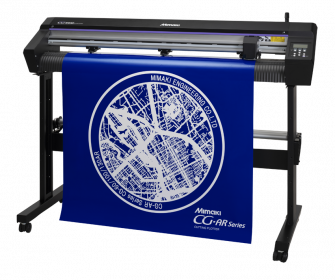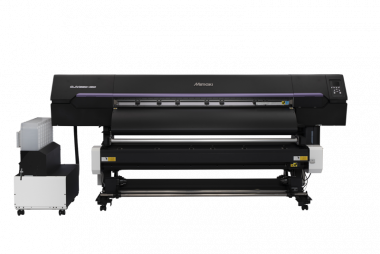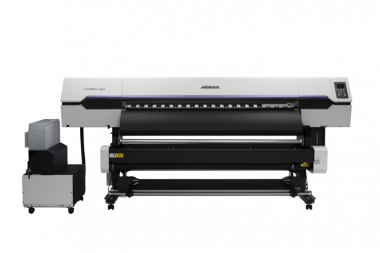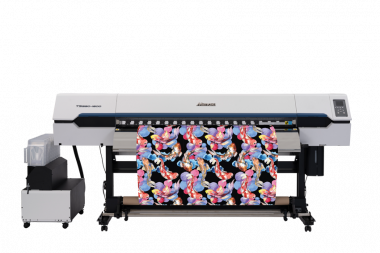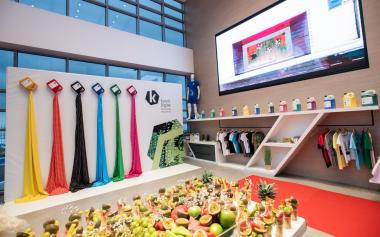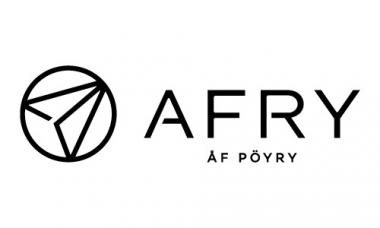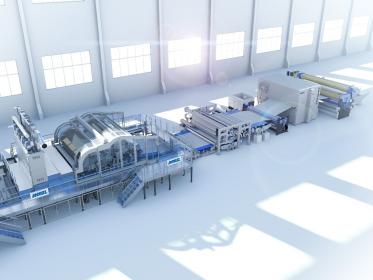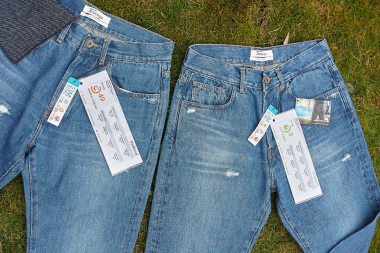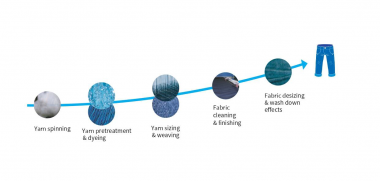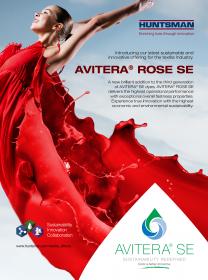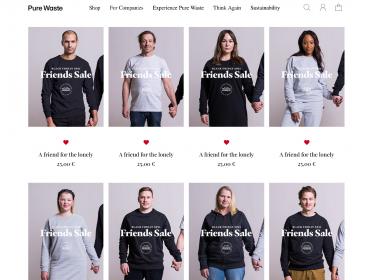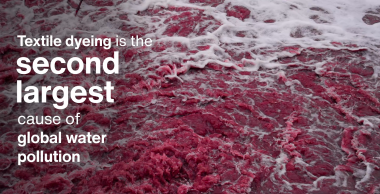Lenzing’s pavilion makes a green debut at Intertextile Shanghai Home Textiles
Sustainability has become a major trend in the global home textiles industry. It is more common nowadays to find natural and sustainable fibres in an extensive range of home furnishing products. From this angle, the Lenzing Group (Lenzing) will take led in a brand new pavilion at Intertextile Shanghai Home Textiles – Spring Edition. Lenzing is the world’s leading manufacturer of renewable specialty fibres, and will highlight the latest eco-friendly fibres that can meet the ever-rising sourcing demand. The fair is set to take place from 14 – 16 April 2022 at the National Exhibition and Convention Center (Shanghai).
As an upswing from the growing public awareness of environmental issues, consumers are now more willing to switch to sustainable products. According to a CottonWorks’ survey, 90% of the interviewed Chinese consumers want their home textiles to be environmentally friendly[1]. It also found that more consumers are paying attention to the fibre content that can deliver safe and sustainable home textiles.
Furthermore, the Chinese government’s ‘Outline Of the Development of the Textile Industry during the 14th Five Year Plan’, also encourages the acceleration of low cost, functional and sustainable renewable fibres in the local textile industry.
The Lenzing satellite pavilion: a one-stop platform for green home textile materials
To help home textile suppliers source a variety of eco-friendly materials efficiently, one of the fair’s long-time exhibitors is set to form a new pavilion at the upcoming Spring show. Lenzing, the Austrian brand widely known for its ecologically responsible production of specialty fibres made from renewable raw material wood, gathers seven of its local downstream supply chain manufacturers to showcase their renewable products.
Mr David Dai, Senior Commercial Director Textile China of Lenzing spoked about why they decided to organise a new pavilion at the show: “As we received positive feedback from our pavilion at Intertextile Shanghai Apparel Fabrics, our business partners from the home textile supply chain were hoping for a similar arrangement in this sector. We believe all the participating manufacturers can benefit from this pavilion by finding ways to better serve their clients and consumers.”
Brands in the Lenzing satellite pavilion will include:
• Lenzing Group will introduce the first Carbon-zero TENCEL™ fibres which are CarbonNeutral™ certified products by Natural Capital Partner.
• Botou Jinglun Textiles Co Ltd focuses on new fibre yarns. The company develops multi-component yarns for cotton, wool, silk and linen with combinations of MODAL, TENCEL™ fibres and various functional materials.
• Fujian Yongtai County Huaerjin Textile Co Ltd provides high-quality, natural, renewable pure and blended yarns including TENCEL™ fibres, US cotton, Australian cotton, acrylic cotton, silk and other plant-based yarns.
• Jiangsu Dasheng Group Co Ltd has one of the largest cellulosic fibre yarn spinning mills in China and focuses on producing top-quality home textiles.
• Qingdao Textiles Group produces natural fibres, cellulose fibres, copper antimicrobial fibres and other nature-based materials for home and contract textiles.
• Suzhou Zhenlun Spinning Co Ltd is an advanced enterprise specialising in regenerated cellulose yarns like ECO VERO, FSC Viscose, Circulose, Carbon Zero Yarn and more.
• Ton Design Industrial Co Ltd produces medium and high-end bedding fabrics. The brand’s TENCEL™ Lyocell fibres and TENCEL™ fibres blend cotton series products are certified by Lenzing.
• Wuxi Tianmu Extra Width Printing Dyeing Co Ltd mainly produces extra-wide, high-count and high-density down-proof fabrics and fabrics for bedding. The technique can handle different procedures for dealing with pure cotton, bamboo fibres, TENCEL™ fibres and other fibre fabrics.
In addition to the new pavilion, a number of other featured exhibitors will also showcase their sustainable products at the fair. This includes Cotton Council International (CCI) promoting US cotton fibres and cotton products, and Zhangjiagang Coolist Life Technology Co Ltd bringing their unique bedding products made from organic and environmental-friendly materials.
Lenzing Intertextile Shanghai Home Textiles Cotton Council International Messe Frankfurt
Messe Frankfurt






